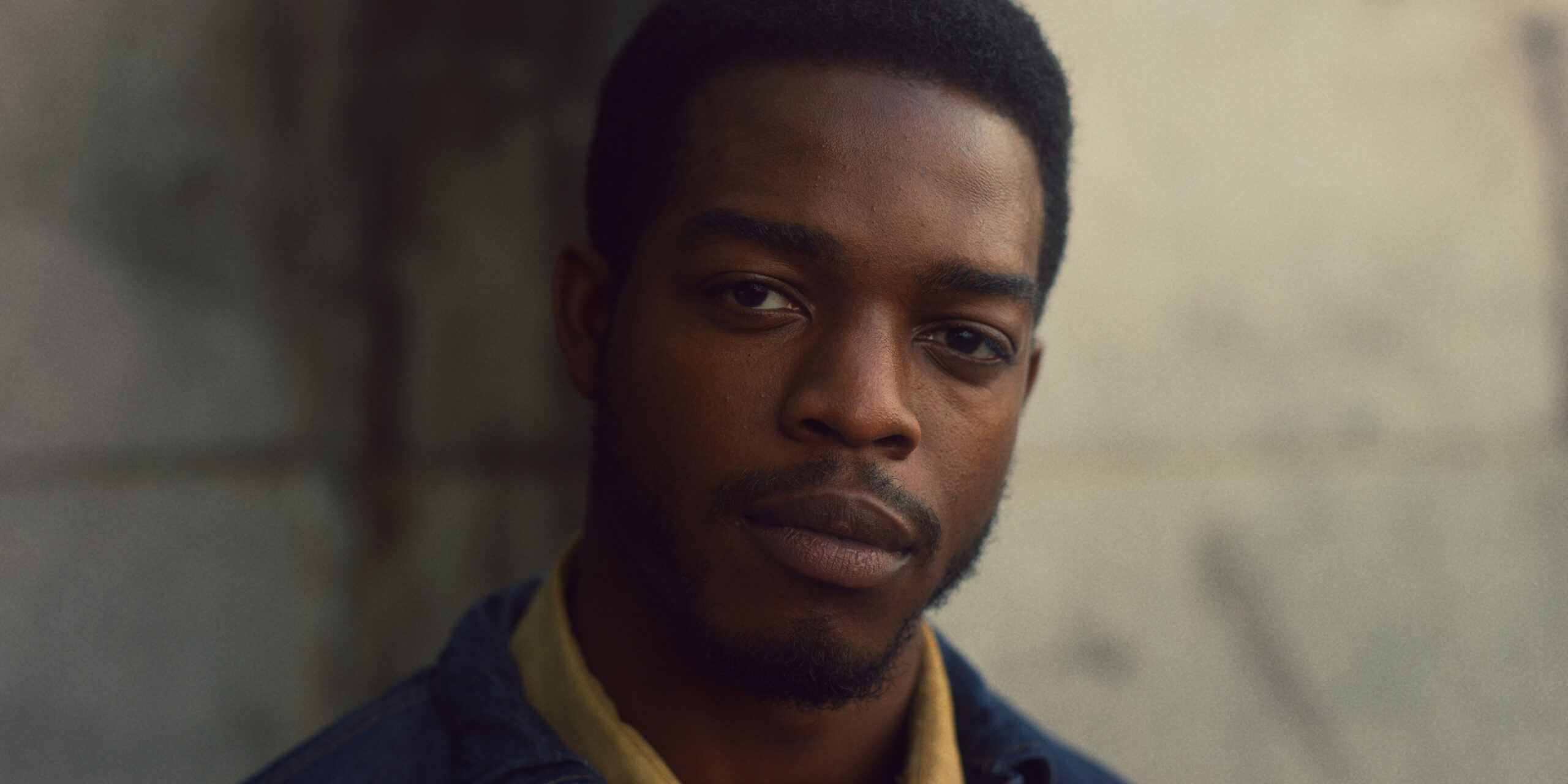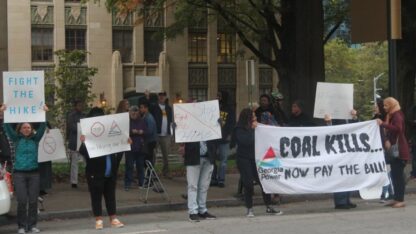Barry Jenkins Captures Joy And Injustice In ‘If Beale Street Could Talk’

This image released by Annapurna Pictures shows Stephan James in a scene from “If Beale Street Could Talk.”
Tatum Mangus/Annapurna Pictures via AP
Summer 2013 was a productive time for Barry Jenkins. He wrote what became not one, but two award-winning films; “Moonlight,” which won the Academy Award for Best Picture in 2017, and his newest movie “If Beale Street Could Talk.”
That film sees nationwide release on Christmas Day.
“[I] spent the next four or five years getting to know the James Baldwin estate,” Jenkins tells City Lights host Lois Reitzes, “and just being very clear about what the film would be, what my vision was.”
In Jenkins’ hands, “…Beale Street” is a sumptuous love story. Adapted from Baldwin’s 1974 novel, the story centers on the young couple Fonnie and Tish, whose dreams of a future together with their unborn child are interrupted when Fonnie is incarcerated for a crime he did not commit.
“This film from the very beginning was about James Baldwin,” Jenkins says. “Being the first English-language adaptation of his work, it was very important to me to preserve the text. And also, the text is damn good. The way Baldwin wrote this novel was so evocative, for me it was about ‘let me not try to alter the feeling I have, the awe I have in reading these things; let me just try to translate it.’”

Jenkins translates what he calls the novel’s “interiority” with long wordless passages, a score by Nicholas Britell which is at once melancholy and uplifting, and with lingering tight close-ups on his actor’s faces.
“This movie is a landscape of faces,” he says. “I was looking for actors who could carry those things in their faces.”
One of those is Colman Domingo, who plays Tish’s father, James Rivers. He tells Reitzes that he brought a lot of his step-father to the role, embodying a working class man who is unafraid to be tender and kind. But Baldwin’s novel, while a love story, also works as searing social commentary, and that aspect often uses James’ character as its mouthpiece.
“James Baldwin has, for me and for so many, been giving us words where we have none,” Domingo says. “James Baldwin has always been critical of America because he loved it so much. It makes sense to me that Barry sought actors who also understood his language. It’s a part of me. We’re from the same place, we have the same history. I believe that James Baldwin chose each and every one of us to be a part of telling this story.”
That love, both critical and romantic, pervades the story.
“I think that Mr. Baldwin was working at something quite grand,” Jenkins says. “In creating this story where there is this systemic injustice which causes so much suffering and despair, it mirrors the history of black people in America. And yet, there is always love, there’s always been joy, family, community.”
“When I first read this novel,” he says, “I saw those two voices presented very clearly: the Baldwin that speaks to love, romanticism, joy and passion, and then the Baldwin that also speaks to the heinous injustices that people of color in this country have always had to endure. It was very clear to me that there was a way to present the film that was lush and beautiful in the spirit of that love, but still spoke to the truth of that horrific injustice that these people are having to endure.”
“As a storyteller, that’s the greatest kind of challenge.”
“If Beale Street Could Talk” opens in theaters nationwide on Christmas Day.





